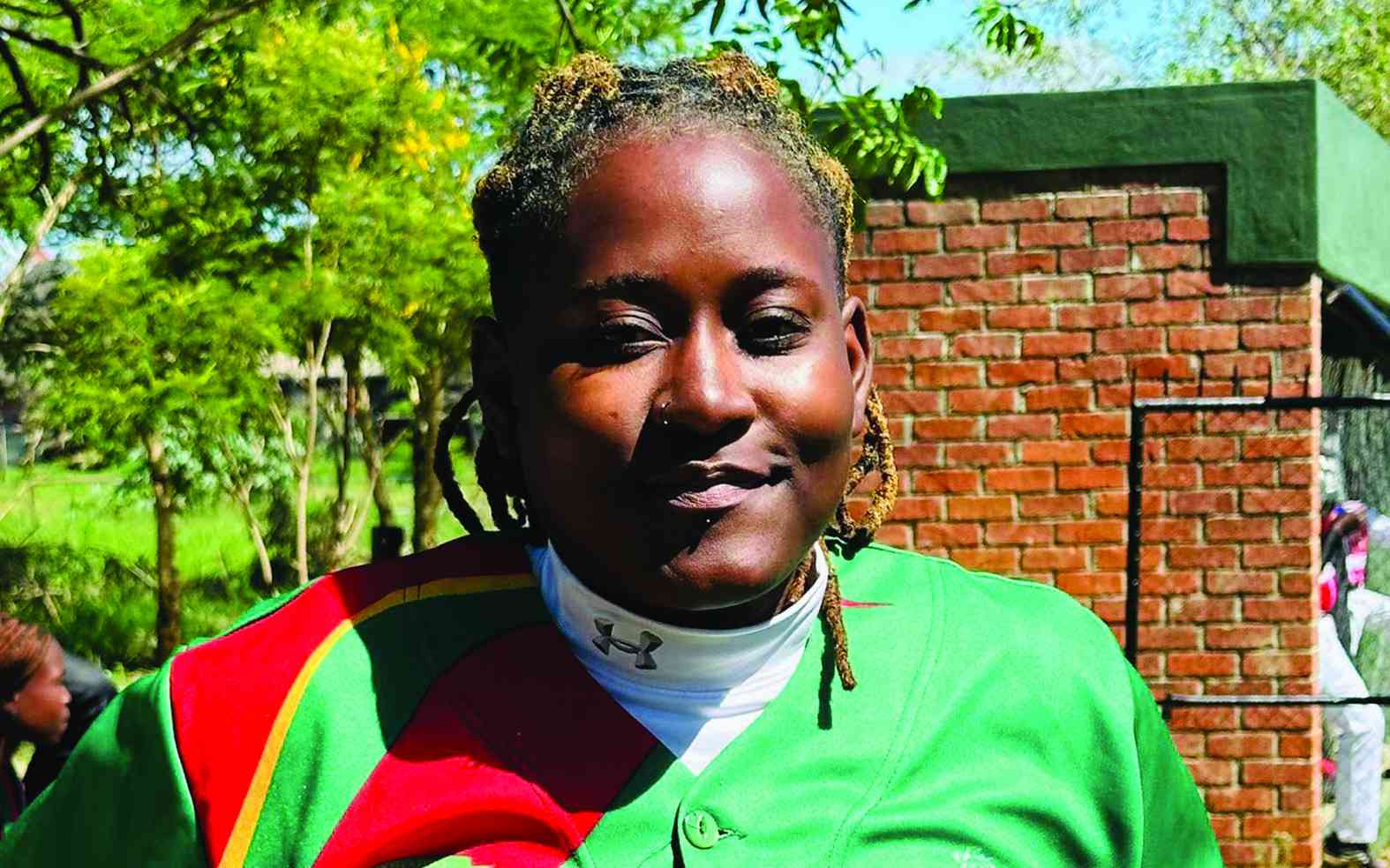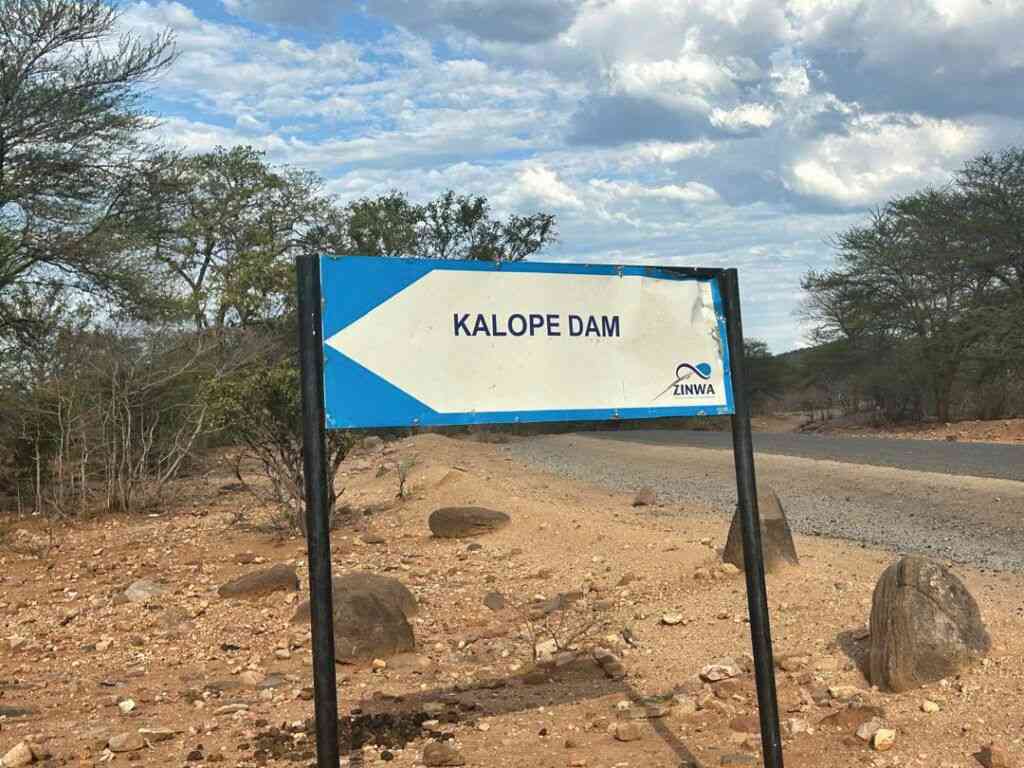
COMMUNITIES, especially women and the youth, have been urged to grow non-timber forestry industry products (NTFPs) to sustain their livelihoods in the face of climate change-induced droughts.
This was said recently by Environment minister Mangaliso Ndlovu during the inaugural NTFPs Convention organised by the United States Agency International Development (USAID) Resilience Anchors and the Dan Church Aid in partnership with his ministry.
Ndlovu said NFTPs can also contribute towards the conservation of forests.
“NFTPs have historically been used to support rural livelihoods as social safety nets, particularly during recurrent drought seasons that were experienced in the country,” he said.
“Climate change impacts have affected agricultural production in many rural areas and there is a great need to explore and provide communities with alternative livelihood options drawn from forests and forest resources, that provide both mitigatory and adaptive solutions to climate change impacts.”
The NFTPs are products other than timber that are produced in forests such as fruits and nuts, vegetables, medicinal and ornamental plants, among others.
“The oils, mainly used in the cosmetic industry, show that there is great potential in the development and commercialisation of NFTPs and this can be a stepping stone towards forest conservation, economic empowerment of vulnerable communities, and support a broader socio-economic development of the country,” Ndlovu said.
USAID acting mission director Priscilla Sampil said biodiversity conservation was necessary towards eradicating poverty and increasing household and community resilience.
- Sweden chips in on youth sexual rights
- ‘Embrace non-timber forestry products to sustain livelihoods’
Keep Reading
“The well-being of our societies is largely dependent on the health of our environment and lasting development gains are not possible unless these systems are valued and safeguarded,” Sampil said.
“Sound stewardship of the environment and natural resources is critical to self-reliance and helps build healthier populations, strengthens livelihoods, reduces conflict, promotes stability, increases resilience, and creates lasting economic opportunities.”
Swedish embassy head of development, Berthollet Kaboru, said: “There are numerous opportunities for income generation from wild fruits, grains, honey production and crafts.
“If these provide a way to earn meaningful income, there is a genuine incentive to ensure their protection and sustainable extraction.”











